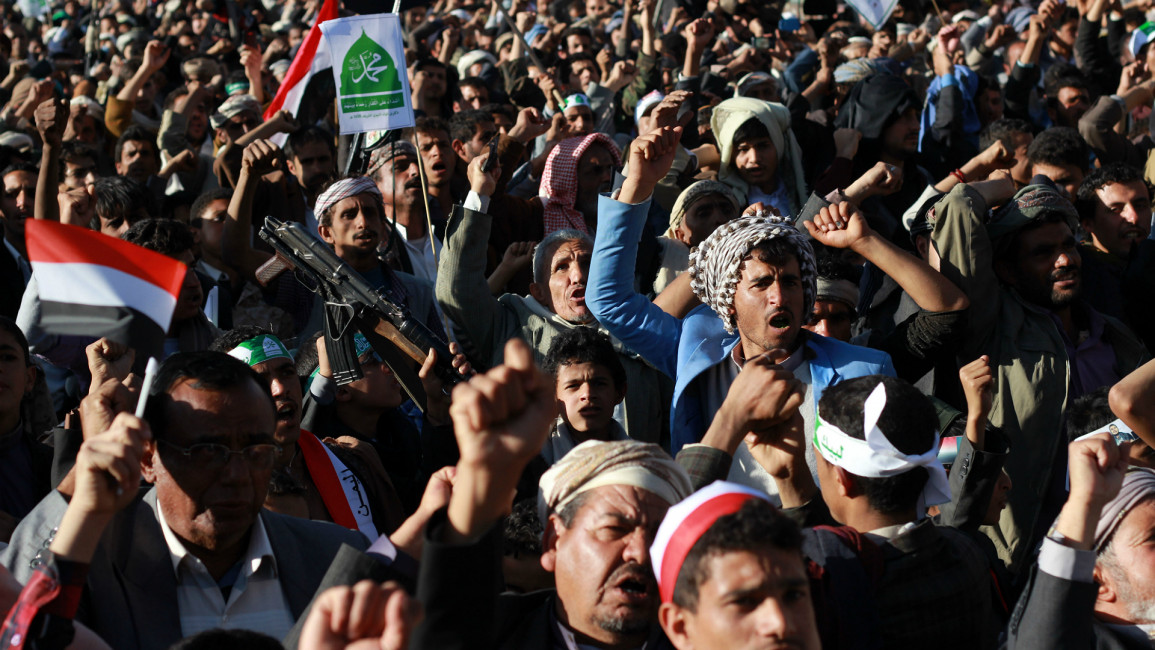Yemen rebel leader accuses UK of 'war crimes'
Abdel Aziz bin Habtoor said on Wednesday that Britain had "sold cluster bombs to Saudi Arabia" that it knew would be dropped on Houthi rebels fighting the internationally-recognised, Saudi-backed administration of President Abedrabbo Mansour Hadi.
"I don't think they are guilty of war crimes, I believe so," he told broadcaster Sky News. "They are participating in the bombing of Yemen people."
The United States on Tuesday blocked the transfer of precision munitions to ally Saudi Arabia, amid anger about the civilian death toll from the kingdom's bombing campaign in Yemen.
| Read more here: US White House blocks arms transfer to Saudi Arabia |
"This reflects our continued, strong concerns with the flaws in the coalition's targeting practices and overall prosecution of the air campaign in Yemen," said the White House.
Saudi Arabia has been a long-term ally of the US and Britain in the Middle East, but British foreign minister Boris Johnson last week was rebuked by his government after accusing the country of backing "proxy wars" in the region.
| Read more here: Boris Johnson accuses Saudi Arabia of 'abusing Islam' |
In March 2015, the Saudi-led coalition launched airstrikes against the Houthi rebels and their allies after the rebels overran much of Yemen.
Since then, the rebels have been pushed out of much of Yemen's south, but they still control nearly all of the country's Red Sea coast as well as swathes of territory around the capital Sanaa.
More than 7,000 people have been killed in the conflict, mostly civilians, according to the United Nations.



